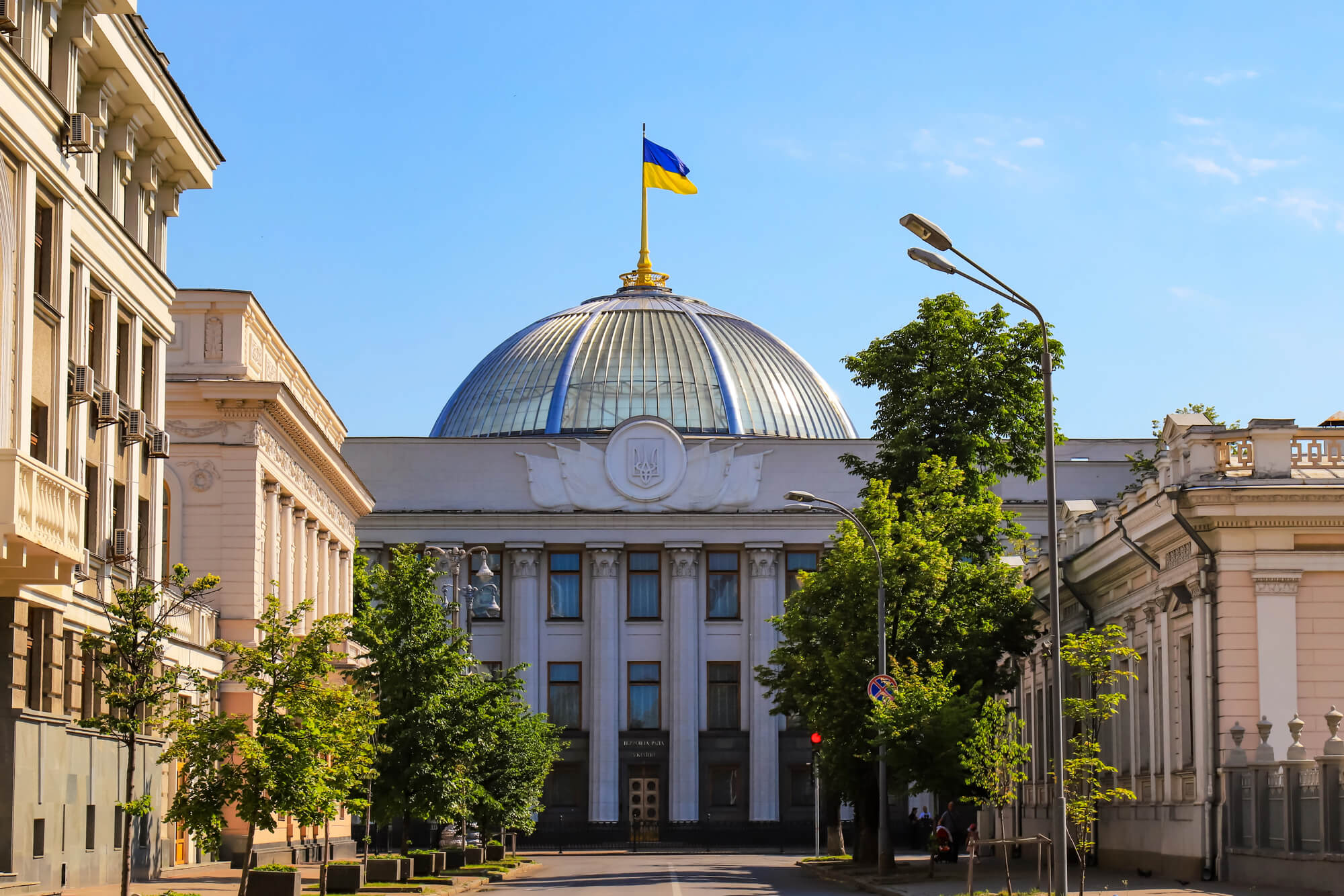The standard format in the world is “open ascending (clock) auction”, not sealed bid. This helps transparency of the auction and reduces possibilities for collusion among the participants. This is the format that the government of Ukraine intends to use.
It is not (only) about revenue. The government heralds the auction as a way to raise revenue in the difficult time of the economic and security crisis. An important objective of the auction, however, should be increasing competition in the downstream market. This might require discrimination in the auction and/or offering more licenses than there are current market participants in order to provide incentives for new domestic and foreign companies to enter the market and create competition. Competition will drive prices down and will increase consumer surplus. The government in Ukraine might overlook or fail to understand this criterion.
How many licenses? The government has considered two versions: selling three or one licenses. Selling one license is plagued with many problems. It will create a monopolist in the downstream market or will allow the winner of the auction to resell parts of the bandwith to its competitors. Under every scenario, the consumers will be hurt by higher prices. Selling three licenses is problematic too. It discourages entry by weaker companies who do not have an established position in the market. This will also limit competition in the downstream market hurting the consumers. At the same time, it is important to generate competition in the auction (see the section on background and international experience below). The government should try to increase the number of licenses to four or more and try to encourage multiple foreign companies to participate in the auction. The idea auction will have new bidders, who are not the current players in the market, the number of bidders larger than the number of licenses, and the number of licenses larger than the number of current market players. This would ensure competition at the auction stage, and thus high revenue for the government, and would enhance competition in the downstream market by increasing the number of market players. The presence of new players will also decrease the possibility of collusion among the bidders.
Transparency. The standard argument for the auction versus other forms of allocating the spectrum is transparency and efficiency, sometime government revenue. It is important to remind the government to focus on transparency of the entire process: prior, during, and after the auction.
Externalities. There are externalities. Higher revenue at the auction might lead to lower amount of investment in the infrastructure, or increase chances of insolvency among the winners of the auction. The government should be concerned if the auction becomes too competitive (a large number of bidders relative to the number of licenses).
Long-run access. The license should stipulate conditions to insure long run access to the infrastructure of the new entrants and competitors. The incumbent property rights on a spectrum is a huge barrier to entry in the US. There are suggestions that the government should set aside some kind of unlicensed spectrum pool to be available for the future market players.
Legal details. There are important legal details:
- the amount of deposit required from the auction participants to participate. How should this amount be adjusted as the bids increase?
- property rights over the licenses if the bidder declares a bankruptcy before and after the government is paid.
Corruption. Given the culture of corruption in Ukraine, the government might want to consider creating task force among its inspection and law enforcement agencies to make collusion prior to the auction more difficult.
Reserve prices. A minimal revenue can be ensured by setting reserve prices. However, this can be a costly process that requires expensive independent consultants.
Background and international experience.
The presidential decree of the 23rd of July, 2014, imposes an obligation on the Cabinet of Ministers to hold an auction until 30 October 2014. However, the rules have not been finalized. This auction can be a quick and effective way to fill the government treasury, but only if its procedure is carefully thought out.
The first auction for 3G licenses took place in the UK in March and April 2000. Auction proved to be exceptionally successful: the government collected a total of $ 34 billion, which is 650 euro per capita or 2.5% GDP. Four companies worked in the UK mobile market at that time. Four licenses were originally planned to be sold. However, it was agreed that, in this procedure, there is almost no competition as new entrants will have a little chance of success, and may even refuse to participate in the auction. As a result, it was decided to sell 5 licenses to attract foreign participants and organize competition. Successful campaign to attract foreign participants greatly enhanced competition. The government used ascending auction and raised outstanding revenue.
In July 2000, an auction was held in the Netherlands. It was decided to sell 5 licenses in the market with 5 companies. The auction raised very little revenue.
In Denmark, the auction was held in September 2001. In that case, four licenses were to be sold — which was equal to the number the major players in the market. However, in contrast to the Netherlands, the Danish government has used a sealed-bid auction. This method increased the chances of new players to win and stimulated local companies to increase their bids. Moreover, it was decided to keep the number of participants in secret, and all winners would pay fourth-highest bid. This rule encouraged the local participants to make higher bids, even if there were no external participants. As a result, the government has earned twice as much than expected.
As it is known, two scenarios of the auction are now being considered in Ukraine. According to one of them, it is expected to sell three licenses, according to the second – only one. In both scenarios, the use of ascending auction is supposed.
At this point there are three leaders in the Ukrainian mobile market- “MTS-Ukraine”, “Kyivstar” and “Astelit” (the latter owns the brand “Life :)”. Another company, “Trimob” (a subsidiary of “Ukrtelecom”), holds a license since 2005. Undoubtedly, in the case of an auction for the first design all three licenses will be sold to these companies almost at the lowest price. Similar designs in which the number of licenses equals the number of key players in the market have been successfully lobbied in some countries (The Netherlands, Hong Kong). As a result, the licenses were sold at the lowest price, and the state has received income below potentially possible. Interestingly, during a press conference on September 4, “MTS-Ukraine” and “Kyivstar” supported this auction format.
We have argued above against selling a single license to increase the government’s revenue and suggested that instead the government should attract foreign investors and increase the number of licenses offered for sale in order to generate competition both at the auction stage and at the downstream market.
The Ukrainian government can adopt the auction design developed for the UK. This would require a sale of four licenses. Foreign players will realize that they have a chance to enter the Ukrainian market. A significant competition can be created with a successful campaign to attract participants in the struggle for a license. This could substantially increase revenues from the auction.
In addition, a Western company with a 3G license in Ukraine would destroy Russian monopoly in this market since the major shareholders of “MTS-Ukraine” and “Kyivstar” are Russian citizens.
The new government has decided to run the 3G auction as soon as possible. Haste might lead to low revenue, unless the auction is carefully designed. In-depth analysis of the market, carefully thought-out number of license, and legal rights attached to them, as well as a campaign to attract foreign companies can substantively increase revenue for the government and the benefits for the consumers.
Attention
The authors do not work for, consult to, own shares in or receive funding from any company or organization that would benefit from this article, and have no relevant affiliations




